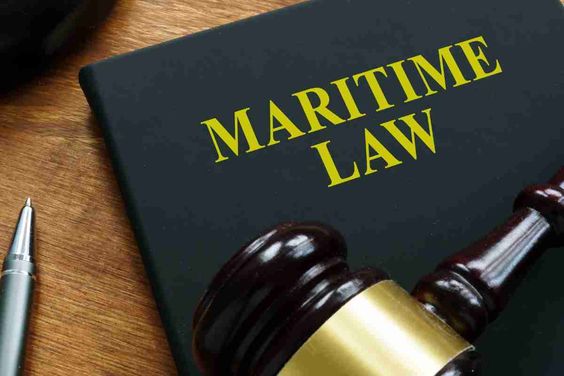Fishing Without a License in the UK: Risks and Consequences Explained

Fishing is a beloved pastime enjoyed by many in the UK, offering opportunities to connect with nature and reel in the catch of the day. However, engaging in this activity without the proper authorization can have serious legal ramifications. Below are the risks and consequences of fishing without a license in the UK, shedding light on why compliance with licensing regulations is essential for anglers.
The Legal Requirement:
In the UK, anyone aged 13 or over who wishes to fish in inland waters, including rivers, lakes, and reservoirs, must hold a valid fishing license. This requirement is in place to regulate fishing activity, protect fish populations, and support conservation efforts.
Risks of Fishing Without a License:
Fishing without a license may seem harmless to some, but it poses several risks and consequences, including:
Legal Penalties: Fishing without a license is a criminal offense in the UK and can result in fines, prosecution, and even confiscation of fishing equipment. The severity of the penalties may vary depending on the circumstances of the offense and the discretion of enforcement officers.
Damage to Fish Populations: Unregulated fishing can have detrimental effects on fish populations and aquatic ecosystems. Overfishing and illegal practices can deplete fish stocks, disrupt natural habitats, and threaten the balance of marine and freshwater environments.
Loss of Access: Anglers who fish without a license risk losing access to fishing venues and facilities, including private fisheries and club waters. Many fishing clubs and associations require members to hold valid fishing licenses as a condition of membership.
Consequences of Non-Compliance:
Failing to comply with fishing licensing regulations can have far-reaching consequences, including:
Financial penalties: Fines for fishing without a license can range from a few hundred pounds to several thousand pounds, depending on the severity of the offense and the discretion of the court.
Criminal record: Conviction for fishing without a license may result in a criminal record, which can have lasting implications for employment, travel, and other aspects of life.
Damage to reputation: Anglers caught fishing illegally may face public scrutiny and damage to their reputation within the fishing community and beyond.
Ensuring Compliance:
To avoid the risks and consequences associated with fishing without a license, anglers should take the following steps:
Obtain a Valid License:
Ensure you have a valid fishing license before casting your line into the water. Licenses can be obtained online from the relevant licensing authority or through authorized vendors.
Stay Informed:
Familiarize yourself with local fishing regulations, including catch limits, size restrictions, and fishing seasons. Stay up-to-date on any changes to licensing requirements or fishing bylaws.
Respect the Environment:
Practice responsible fishing techniques and adhere to ethical standards to minimize your impact on fish populations and aquatic habitats.
Conclusion:
Fishing without a license in the UK is a serious offense that carries significant risks and consequences. By obtaining a valid fishing license, staying informed about fishing regulations, and practicing responsible angling, anglers can enjoy their favorite pastime while supporting conservation efforts and preserving the natural beauty of the UK’s waterways. Let’s fish responsibly and protect our precious aquatic resources for future generations to enjoy.

Leave a Reply